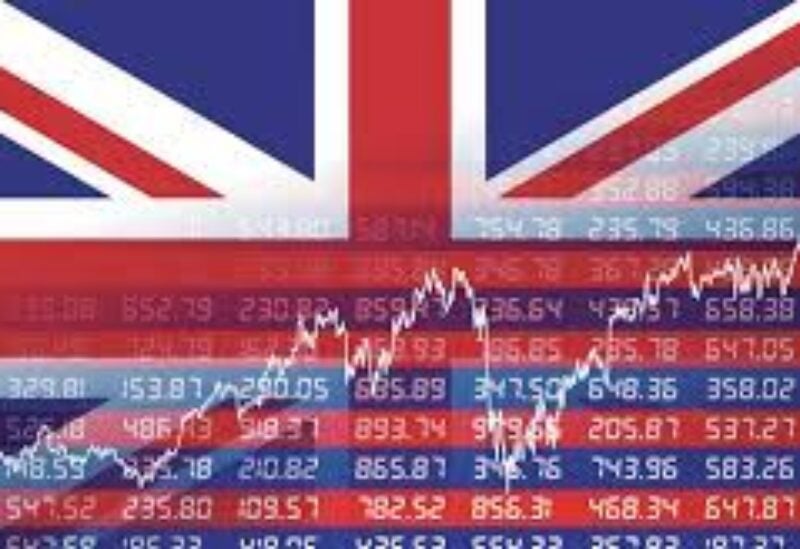
UK economy
Optimism about Britain’s economic recovery accelerated on Friday as a surge in business activity and soaring retail sales indicated the bounce-back could happen faster than expected, putting pressure on the Bank of England’s tightening policy.
A preliminary reading of the UK Composite Purchasing Managers’ Index PMI, a gauge of economic growth, hit its highest level on record in May, rising to 62 from 60.7 in April, as many services firms reopened their doors and factories rode a wave of demand from a recovering global economy, prompting a jump in both hiring and prices. Any figure above 50 indicates an expansion.
Meanwhile, British retail sales soared 9.2 per cent in April on the month as consumers splurged on new clothes after shops reopened following months of lockdown closure in Britain, according to the Office for National Statistics, putting pressure on the BoE’s cautious monetary policy approach.
Stuart Cole, head macroeconomist at brokerage Equiti Capital, said the BoE would be concerned that the “bounce-back could ultimately prove stronger than anticipated”, and that the Monetary Policy Committee’s cautious approach would see it “drift behind the policy curve”.
“They will be keeping a close eye on Gilt yields to see if the markets are starting to express this fear,” he said.
Britain’s economy shrank by 9.8 per cent in 2020, when the country suffered its worst contraction in more than 300 years , one of the weakest performances among major global economies during the pandemic.
However, S&P Global Ratings said earlier this month that Britain’s sharp economic contraction last year would contribute to a stronger recovery in growth numbers this year and next.
“The UK is enjoying an unprecedented growth spurt as the economy reopens. Business confidence has meanwhile hit an all-time high as concerns about the impact of the pandemic continue to fade,” said Chris Williamson, chief business economist at IHS Markit, which compiles the PMI survey.
“A direct consequence of demand running ahead of supply was a steep rise in prices, hinting strongly that consumer price inflation has much further to rise after lifting to 1.5 per cent in April
Mr Williamson said the inflationary high could prove temporary, as many of the price increases reflected surcharges on shipping and other shortage-related issues linked to the pandemic.
However, a great deal of uncertainty remains as to how long it will take for global business and trade to return to normal functioning, especially if new virus variants appear, Mr Williamson said.
Capital Economics said the central bank’s loosening phase is now over with the tightening phase closer, however, it does not expect the BoE to tighten monetary policy until 2024, rather than 2022 – the date indicated by the central bank.
The research company said language from the MPC’s latest outlook indicated it would not make a move until the unemployment rate falls to 4.5 per cent in early 2023 and inflation stays above its 2 per cent target for a sustained period in late 2023 – with both conditions needing to be met at the same time.
“That implies that the MPC won’t start tightening policy until 2024 at the earliest, much later than the bank forecasted,” said Paul Dales, chief UK economist at Capital Economics.
“We think an unwinding in quantitative easing in 2024 will probably be followed by some interest rate hike, probably a small one in 2025.”
Meanwhile, Britain’s surging retail sales in April, which followed a 5.1 per cent rise in March, means the volume is now 42.4 per cent higher than April last year when the UK was plunged into its first nationwide lockdown.